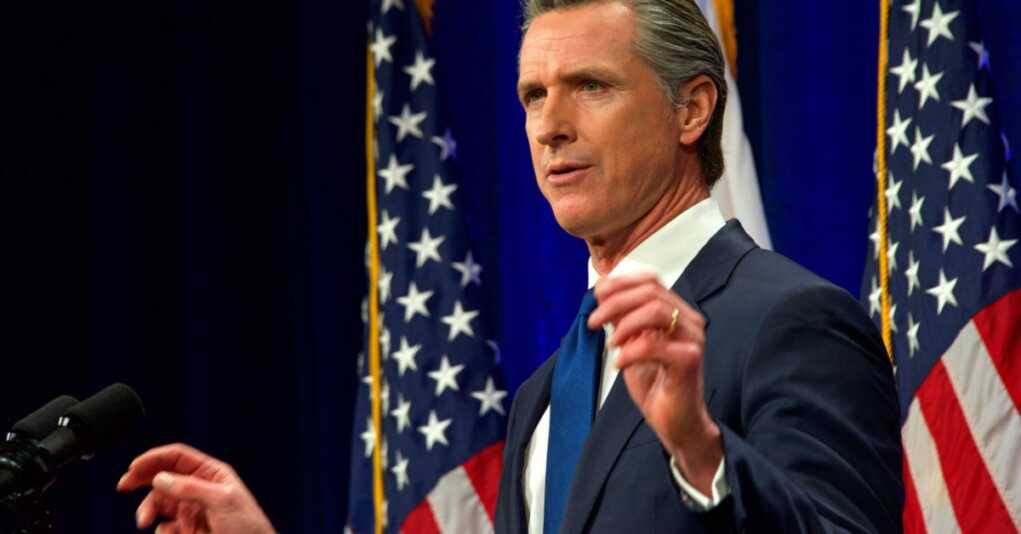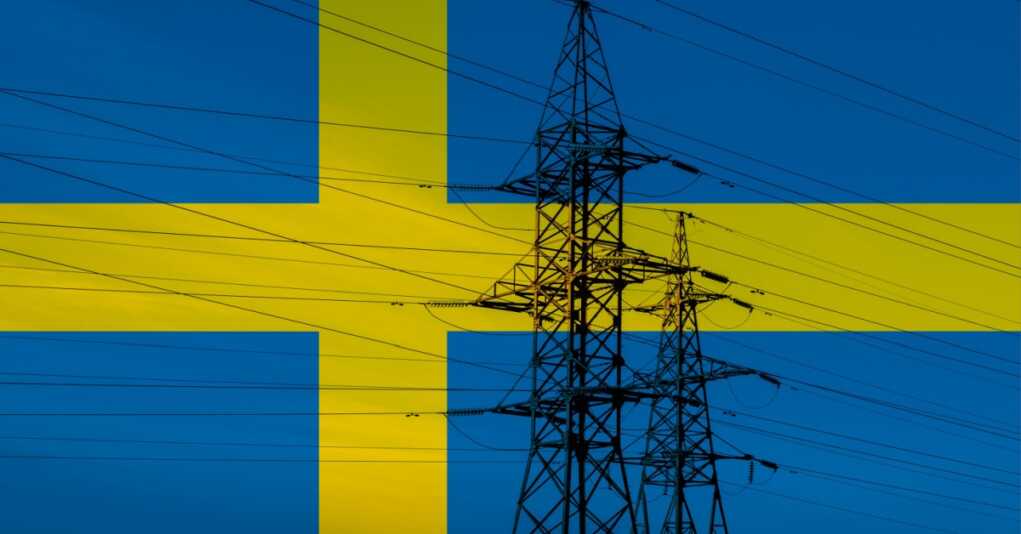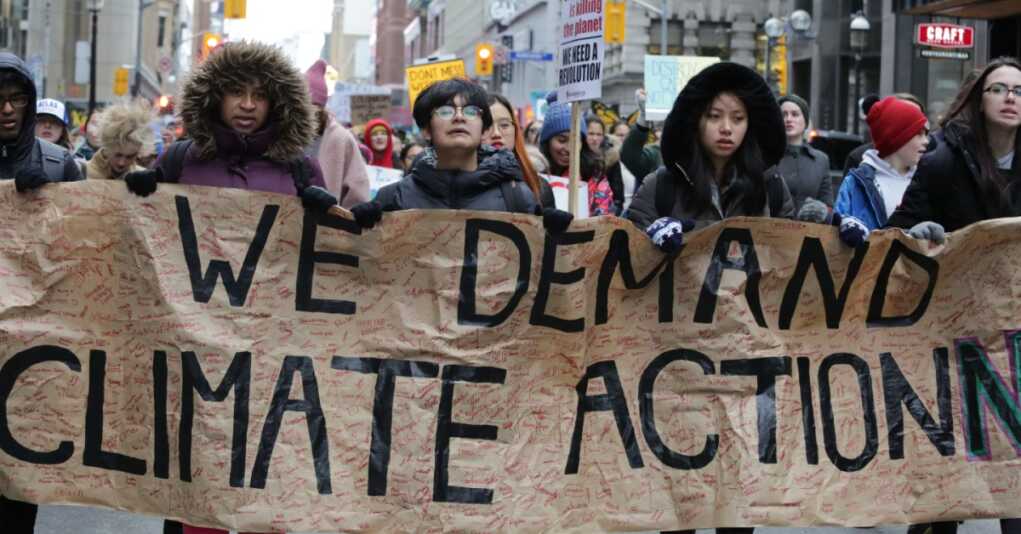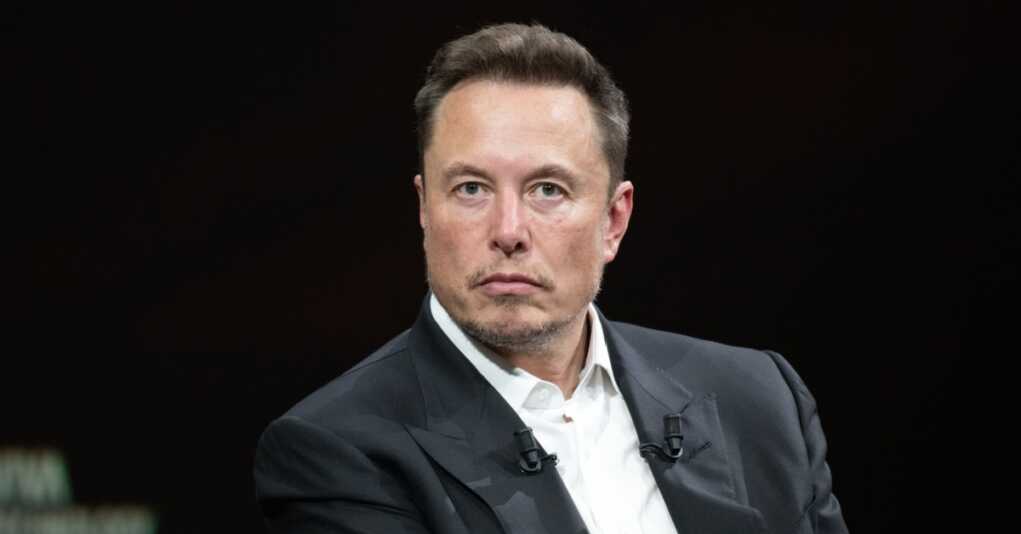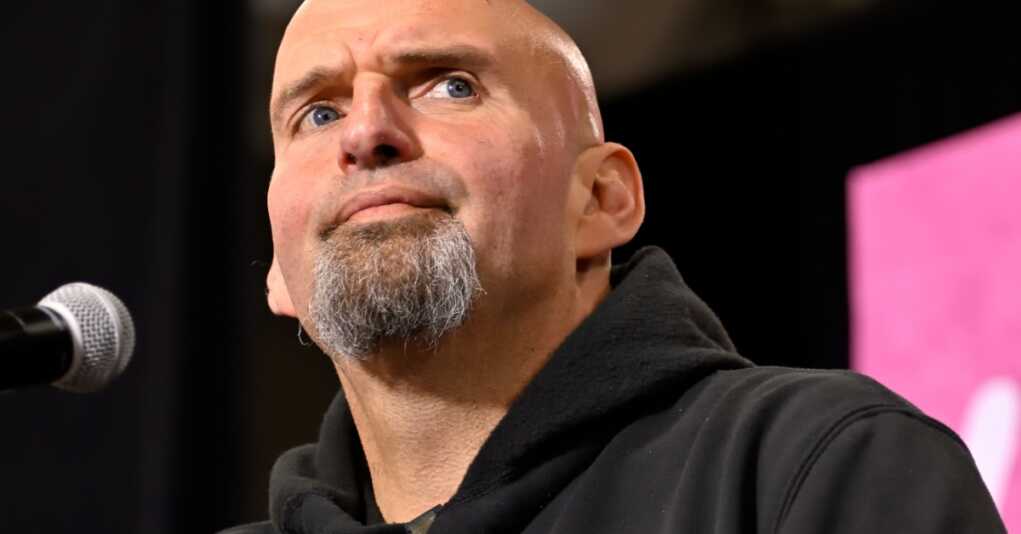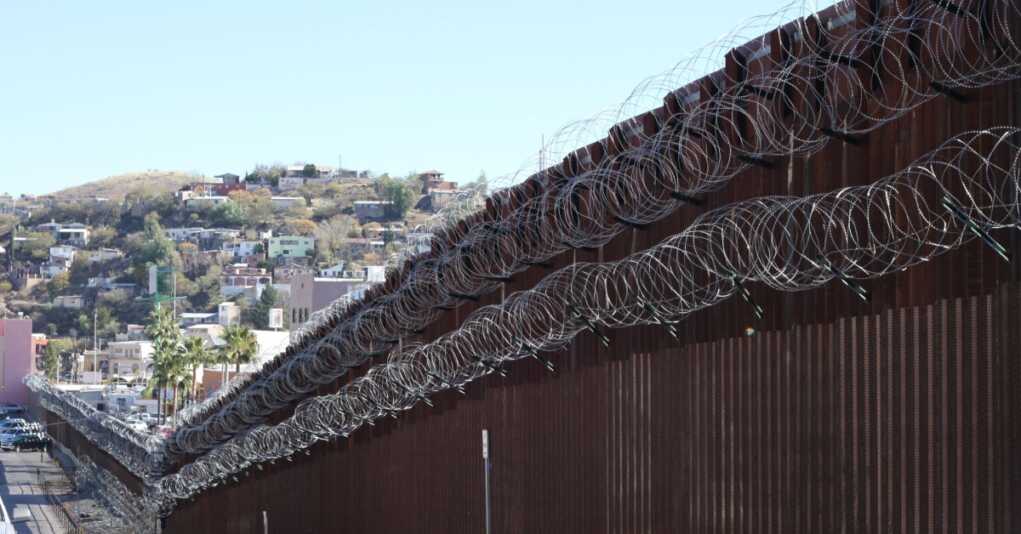California Gov. Gavin Newsom Declares State of Emergency Over One Lonely Case of Bird Flu
Sheila Fitzgerald / shutterstock.comNo governor in any state received more of a sexual thrill from their emergency pandemic powers than California’s Gavin Newsom. “Ten Days to Slow the Spread” in California turned into a ten-month lockdown. Suicides skyrocketed among black people, women, and young Californians in the 20 to 29 age bracket thanks to Newsom’s COVID policies as […]
Preemptive Pardons: A Constitutional Safeguard or a Slippery Slope?
alexkich / shutterstock.comPresident Joe Biden is staring down a constitutional dilemma that could reshape American politics: Should he use his presidential pardon power to preemptively shield political figures from potential retaliation by President-elect Donald Trump? While Biden has the legal authority to issue such pardons, the real question is whether it’s a smart move or a dangerous […]
World War III: Biden Launches More Bombs in Syria & Yemen Without Congressional Approval
Jag_cz / shutterstock.comJoe Biden will only be in office for less than a month by the time you read this. His political career has come to an ignominious end and he’s dying from old age and Alzheimer’s. He has nothing left to lose, so he seems determined to start World War III before the door hits him […]
Why You Need to Do Your Homework Before Investing in the Stock Market
Shutterstock.comThe stock market can be a gold mine or a minefield, depending on how prepared you are. Let’s face it—investing isn’t just about luck or “following your gut.” It’s about understanding trends, timing, and making informed decisions. Yet so many Americans dive in headfirst, armed with little more than a tip from their neighbor or […]
It Costs Five Bucks to Take a Shower in Sweden as Green Energy Prices Skyrocket
Cloudy Design / shutterstock.comIf you want to know what the future would look like under the Green New Deal, look no further than Europe this winter. The massive wind farms being set up to make the EU uglier and dirtier are failing to produce enough electricity to keep the lights and heat on. Just how bad is the […]
Breathing Indoors Is Risky but Not as Risky as Relying on the EPA for Help
RossHelen / shutterstock.comAh, air purifiers—the latest gadget people bought in droves to “save the world” during the pandemic. Now, it seems they’re doing double duty to keep dust bunnies and allergens at bay while politicians try to prove they’re on top of indoor air pollution. Never mind the media pushing panic about wildfires and COVID; the real […]
Tech Gurus Line up to Kiss the Ring Before Donald Trump’s Inauguration
Frederic Legrand - COMEO / shutterstock.comAn odd thing has happened now that Donald Trump has won reelection with a huge popular vote mandate. Tech CEOs who did everything they could to censor the president-elect and his supporters, up to and including helping to rig the 2020 election, are now sucking up to their nemesis. Meta CEO Mark Zuckerberg has just […]
Supreme Court Rules Federal Judges Cannot Overturn Visa Revocations
Artiom Photo / shutterstock.comThe Supreme Court has issued a unanimous ruling that will be a tremendous help as the Trump administration seeks to remove millions of illegal aliens. The high court has ruled that no lower federal courts can review an executive branch agency’s decision to revoke an immigration visa. If the Department of Homeland Security decides to […]
Canada’s Latest Climate Goal: Saving the Planet, One Maple Leaf at a Time
Ramona Diaconescu / shutterstock.comCanada, our polite neighbor to the north, has once again decided to lead the charge in saving the planet. Their latest ambitious climate goal? To reduce greenhouse gas emissions by 45-50% below 2005 levels by 2035. Yes, you heard that right—Justin Trudeau’s government wants to slash emissions in less than a dozen years, and they’re […]
National Constitutional Carry Bill Introduced in Congress
Anatoly Vartanov / shutterstock.comCongressman Thomas Massie (R-KY) has introduced a bill to make “constitutional carry” legal in all 50 states. Given that Republicans will control both the House and Senate as well as the White House starting in January, there has never been a better opportunity to try to restore the Second Amendment in the United States. As […]
Brit Consumers Boycott Milk Infused with Bill Gates’s Anti-Cow-Farting Chemicals
Romo Lomo / shutterstock.comThe public in Great Britain is infuriated after learning that Bill Gates has been feeding cows with chemicals to make them fart 27% less. The problem—other than the fact that that is CRAZY—is that the chemicals are known to be harmful to humans. A massive boycott of the UK’s largest milk producer is underway and […]
Elon Musk to Republicans: Get in Line or Get Out of the Way
Frederic Legrand - COMEO / shutterstock.comElon Musk, the man who brought us electric cars, reusable rockets, and a steady stream of Twitter chaos, has a new role: political enforcer. Yes, the billionaire entrepreneur who once seemed above the fray of Washington politics is now warning Republicans against standing in Donald Trump’s way. It’s a fascinating shift for Musk, who has […]
Journalists and ‘Experts’ Keep Getting Caught Using ChatGPT to Try to Look Smart
Alex Photo Stock / shutterstock.comOne of the most hilarious new phenomena to emerge in the past couple of years is all of our mediocre “experts” and “journalists” who keep outing themselves as lazy hacks by relying on ChatGPT and other AI programs. We already knew that these experts were phonies with a bad case of imposter syndrome, but AI […]
Biden’s Pardon Chaos: Fetterman’s Surprising Call to Clear Trump
OogImages / shutterstock.comWell, here’s a twist no one saw coming: Senator John Fetterman, a Democrat from Pennsylvania, has decided to add a little spice to the political circus by suggesting that President Joe Biden should pardon Donald Trump. Yes, you heard that right. In the wake of Biden’s controversial decision to pardon his own son, Hunter, for […]
Sorry Not Sorry, Biden: Court Sides with Texas in Razor Wire Feud
Rebekah Zemansky / shutterstock.comIn a heated legal showdown, a panel from the Fifth U.S. Circuit Court of Appeals handed Texas a win in its fight with the Biden administration over concertina wire barriers along the border. The 2-1 ruling could set the tone for other border-related lawsuits. The majority opinion, written by Circuit Judge Stuart Kyle Duncan and […]


